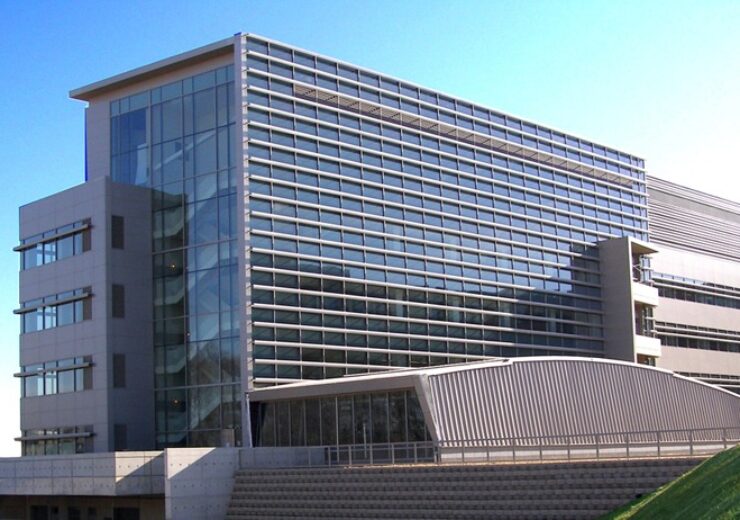Thermal Boost is the firm’s first FDA-cleared TULSA AI module which enables predictable, tailored ablation at the prostate capsule by temporarily raising the ablation target temperature in the prostate areas

FDA grants 510(k) clearance for Profound Medical’s TULSA-PRO Thermal Boost. (Credit: The U.S. Food and Drug Administration/Wikimedia Commons)
Profound Medical, which develops customisable, incision-free therapies for the ablation of diseased tissue, has secured 510(k) clearance from the US Food and Drug Administration (FDA) for its Thermal Boost module for use in combination with TULSA-PRO.
TULSA-PRO technology is intended to offer radiation-free ablation of a surgeon-defined prostate volume that is both customisable and predictable. It helps protect the urethra and rectum to preserve the natural functional capabilities of the patient.
The technology empowers surgeons to surgically remove all or part of the prostate tissue in patients having low, intermediate, or high-risk prostate cancer, with benign prostatic hyperplasia (BPH).
It is also useful for those prostate cancer patients on active surveillance needing treatment of their cancer and relief from their symptoms of benign prostatic hyperplasia, the medical device firm said.
According to Profound Medical, the device can enable surgeons to treat prostates of different shapes and sizes, varying from prostate volumes of under 20cc to more than 250cc.
In addition, the Canada-based company is developing a new set of software modules that will work in tandem with CE marked, Health Canada approved TULSA-PRO technology to further enhance its versatility.
The modules, which will be marketed under the TULSA AI brand name, will provide customisation, ease of use, and more confidence in clinical outcomes, the medical device company added.
The CE-marked Thermal Boost is said to be the firm’s first FDA-cleared TULSA AI module. It enables predictable, tailored ablation at the prostate capsule by temporarily raising the ablation target temperature in prostate areas where advanced stage cancer might exist.
Profound Medical CEO and chairman Arun Menawat said: “We believe that the TULSA technology can be used to treat up to 600,000 patients per year in the United States, and based on the utilisation data from Europe, Thermal Boost may have an application in the majority of late-stage disease cases.
“In addition, the feedback from European surgeons using the module indicates that Thermal Boost could significantly increase both the ease and speed of treatment in a certain subset of the patient population.”
The Canadian firm plans to continue developing more TULSA AI modules. These include an AI-powered automated treatment plan module, which will be based on database of successful treatment designs created by physicians.
